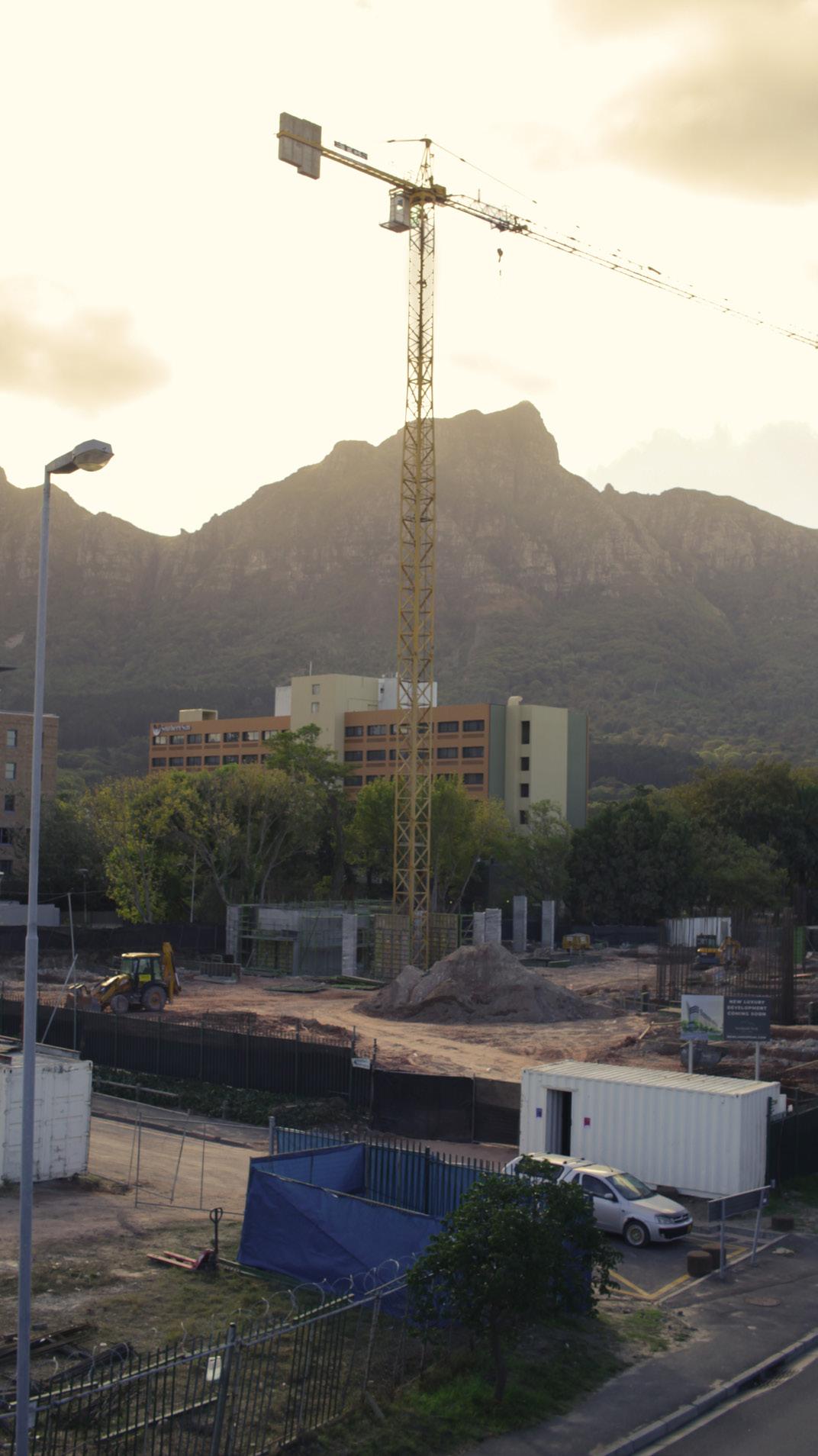T
he cost of tertiary education in South Africa is an issue that makes a reprisal at the beginning of each academic year. Every January, social media is saturated with pleas for financial assistance, crowdfunding posts and outrage that we find ourselves marching for access to education yet again. What makes 2021 more unique is the sheer magnitude of students who would face this challenge due to financial implications the pandemic has had on South African families. This article aims to investigate the increase of university fees during a pandemic. This article does not intend to delve into the matter of historic debt or the fee crisis, but a discussion about tuition fees can never take place without placing it into context. One of the greatest changes the pandemic has brought about is the move to a socially distanced university experience. Campuses, once a gathering place for thousands, are only willing to accommodate a few hundred in order to stay in line with national standards on gatherings. Most students are now studying through ‘physically distanced methods’ which involve, for the
most part, learning via the internet and self-study. With less access to amenities and the loss of in-person teaching, the constant question is whether university fees reflect the new style of teaching. When one is considering the backdrop of the fees crisis, it is important to understand how tertiary education has changed. The pandemic called into question the entire structure of the education sector. The shift to physically-distanced learning has forced a majority of universities to deliver their courses primarily online. Some universities opted for a combined online and physical teaching approach, which entails online lectures and in-person practicals. Many universities were forced to upgrade their information and technology systems in order to meet the demands of digital learning and teaching. Seasoned educators who were persistent in their rejection of modern teaching methods were forced to train themselves in the use of technology. Some universities which were historically reserved for non-white citizens, simply could not make these changes and opted to pause their academic calendars until some form of in-person learning could ALTUM SONATUR
7













